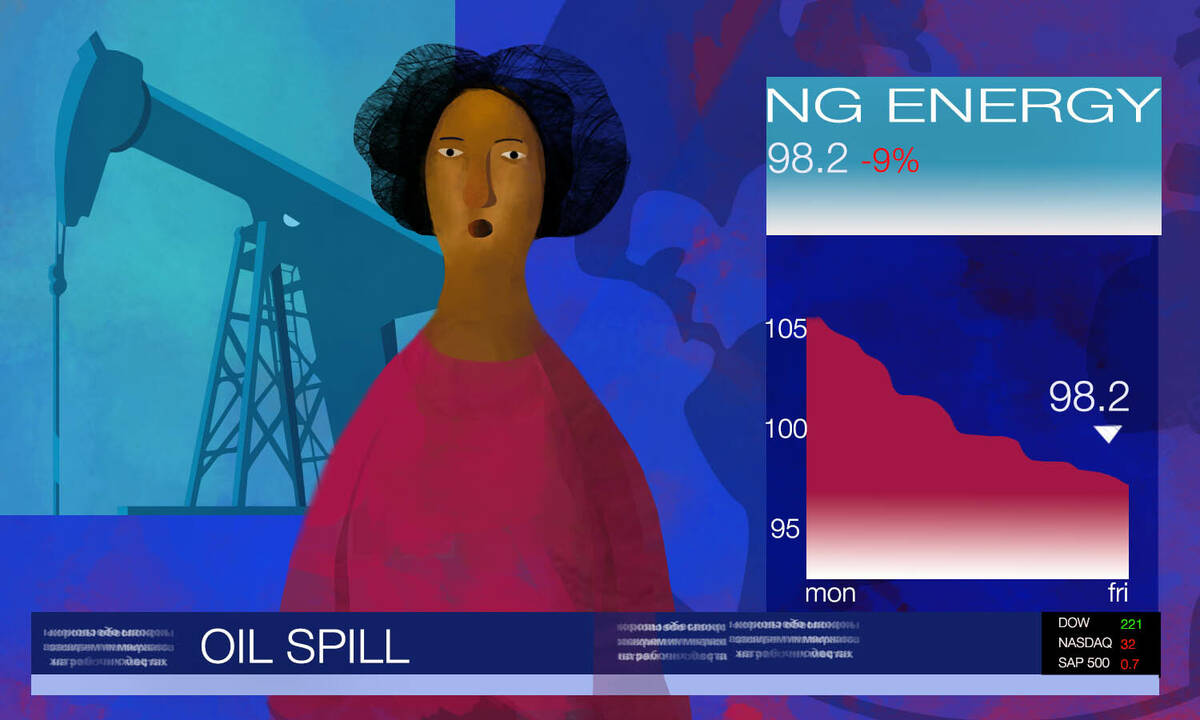Finance & Accounting Nov 1, 2022
Investors Are Eager for Accurate ESG Information. Can Financial Analysts Provide It?
Analysts aren’t traditionally steeped in ESG, but they do have deep knowledge of the companies they cover.

Yevgenia Nayberg
While not everyone is on board with the benefits of ESG investing (Elon Musk among them), many investors have by now become convinced of the merits of considering a company’s environmental, social, and governance factors in their investment decisions. The idea is that, by engaging responsibly with a variety of stakeholders—from consumers and employees to entire communities—firms may be able to reduce their regulatory, reputational, and operational risks, to the long-term benefit of shareholders.
Yet for these investors there’s still a debate: where to turn to for good information about a firm’s ESG performance.
“How you uncover what’s useful is the big question,” says Aaron Yoon, an assistant professor of accounting and information management at the Kellogg School.
In a new paper, Yoon investigates whether reports published by traditional financial analysts are a useful source of ESG information. Although financial analysts are not known for being on the cutting edge of ESG, he says, they are expected to be deeply informed about every shareholder-value-relevant aspect of the companies they cover. So it stands to reason that this would extend to ESG-related issues.
Yoon and coauthors looked at whether stock recommendations and target prices published by financial analysts were in line with a company’s subsequent ESG practices. In particular, the researchers wanted to understand if analysts’ downward recommendations on stocks predicted negative ESG incidents of some kind (like violations of workers’ rights or oil spills), and if their favorable recommendations predicted fewer of these incidents. Yoon, along with Min Park, an assistant professor at the University of Kansas School of Business, and Tzachi Zach, an associate professor at the Ohio State University Fisher College of Business, investigated this by using data that track unsavory ESG events.
The researchers found that analysts’ stock recommendations did indeed align with companies’ behavior over the next year when it came to ESG risks. Analysts’ downward stock revisions (say, from “buy” to “neutral,” or “neutral” to “sell”) predicted more-frequent negative ESG incidents for a company over the next year, while upward revisions predicted less-frequent ones.
And, notably, the researchers found that this pattern held even when controlling for changes in the scores from ESG-focused rating agencies. This suggests that analysts predict ESG risk at least as well as their ESG-focused counterparts.
“I think investors will be interested to see these results,” Yoon says. “I think they’ve been confused at every turn as to which ESG raters to use, and which ESG signals to use in general.”
Tallying Operational Risks
The researchers chose to focus on how good analysts were at predicting ESG operational risk. In general, operation risk refers to the types of risks that a firm and its leaders take in the day-to-day operations of running the organization. Some operational risks are ESG-related, like overseeing workplace health and safety, or the management of hazardous waste and water, and some are not, like the risk of supply-chain disruptions.
The goals of the study were twofold. First, the researchers wanted to understand whether analyst reports are a useful source of information for ESG-conscious investors. Second, they wanted to evaluate analysts’ track records with respect to operational risk—a historically challenging undertaking.
“Our results are saying that analysts, because they know their companies from the bottom up, are likely to have the insights that are most helpful in consuming companies’ ESG disclosures.”
— Aaron Yoon
“People would like to think that analysts have some insights on operational risks—and analysts claim they do—but there’s been no evidence either way,” Yoon says. “We found a unique way to test whether analysts do have insight into ESG and/or operational risks.”
For their analysis, the researchers used a dataset from RepRisk, an ESG data company based in Switzerland that tracks companies’ ESG-related incidents. RepRisk uses machine learning to power a daily review of 100,000 multi-language information sources, including print media, online media, social media, and government bodies. Yoon sits on RepRisk’s academic advisory board.
Unpacking Predictive Powers
The researchers’ investigation showed that analysts’ recommendations do indeed correlate with future harmful ESG incidents.
Specifically, each time an analyst downgraded a company rating by one notch, the company experienced 1.79 percent more negative ESG operational incidents over the following 12 months than the average firm.
A subsequent analysis found that analysts—either deliberately or intuitively—were updating the “expected risk” in their assessments of how much money a company is expected to make in the future to reflect additional ESG risk.
They also found evidence that analysts appeared to be taking into account information both from companies’ ESG disclosure reports and industry-specific reports from the Sustainability Accounting Standards Board (SASB), which highlight financially material ESG issues.
The researchers also looked at which analysts emerge as most adept at forecasting future ESG risks. Counterintuitively, it doesn’t appear to be those who are most experienced or who have been rated as “All-Stars” by Institutional Investor, a financial magazine and research organization whose analyst awards confer widespread recognition. In fact, the researchers’ results indicate that analysts who did not carry the All-Star status produced recommendations that better predicted ESG incidents; the same was true of those with less experience.
“Predicting ESG incidents may potentially require a different set of skills,” the researchers write. It’s also possible that more-experienced and All-Star analysts “do not devote much attention to risks that are associated with the new area, because they are possibly entrenched and comfortable in their role and are less inclined to innovate.”
Bridging the Gap
As interest in ESG investing continues to grow, the question of whose ESG analysis to turn to will become increasingly pertinent.
“Our results are saying that analysts, because they know their companies from the bottom up, are likely to have the insights that are most helpful in consuming companies’ ESG disclosures,” Yoon explains.
Thanks to financial analysts’ deep familiarity with their companies and industries, he adds, they have a unique ability to determine whether a given company’s disclosure is useful.
“That’s the type of insight that these analysts are likely embedding in their models,” he says. “They have firm-specific insights and information that could help bridge the gap between the nonfinancial nature of ESG and firm-level outcomes. I think that’s where the value-add is coming from.”
Katie Gilbert is a freelance writer in Philadelphia.
Pak, Min, Aaron Yoon, and Tzachi Zach. 2022. “Sell-Side Analysts’ Assessment of Operational Risk: Evidence from Negative ESG Incidents.” Working paper.



